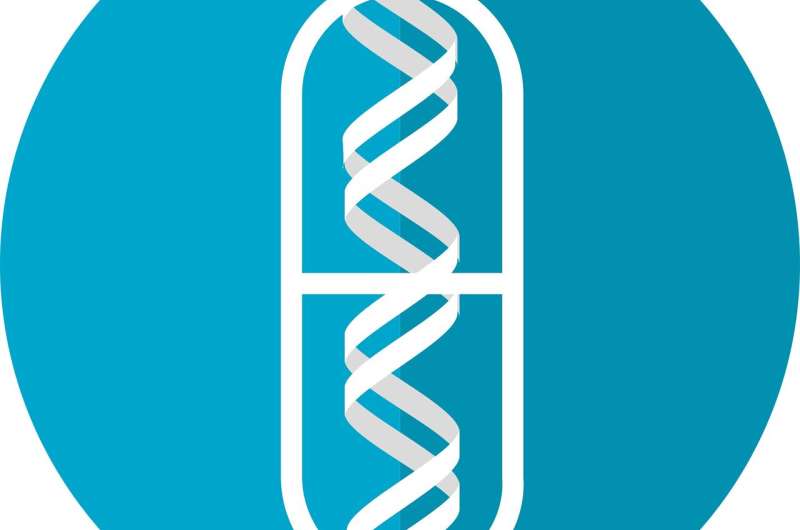Antiretroviral therapy can't completely stop accelerated cell aging seen in HIV

Untreated HIV infection is linked with epigenetic changes that suggest rapid aging. A new study by UCLA researchers shows that antiretroviral therapy given over two years was unable to completely restore age-appropriate epigenetic patterns, leaving patients more susceptible to aging-related illnesses.
This is the first longitudinal study conducted to investigate the contribution of HIV-infection, versus treatment, on the acceleration of aging epigenetics—external factors that affect the function of genes—in this population of adults.
The researchers extracted DNA from 15 HIV-infected people at three points in time: 6 to 12 months prior to the initiation of antiretroviral therapy, 6 to 12 months after the beginning of therapy and, again, 18 to 24 months after being put on the therapy. They then compared those samples with DNA from 15 age-matched, non-HIV-infected individuals.
The researchers note some limitations to the study, including the small sample size, their inability to adjust for other factors that might have influenced the results, and the fact that a larger study may be needed to detect more subtle epigenetic changes caused by antiretroviral therapy.
The results suggest that altered epigenetics may help explain why even successfully treated HIV-infected adults are at an increased risk for the early development of many diseases more commonly associated with aging.





















